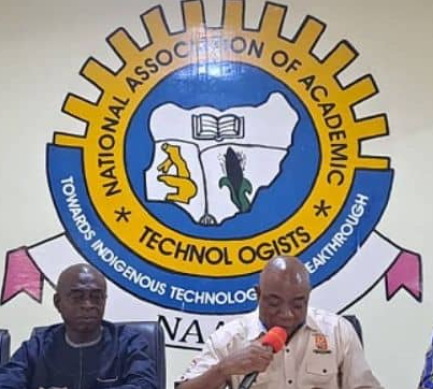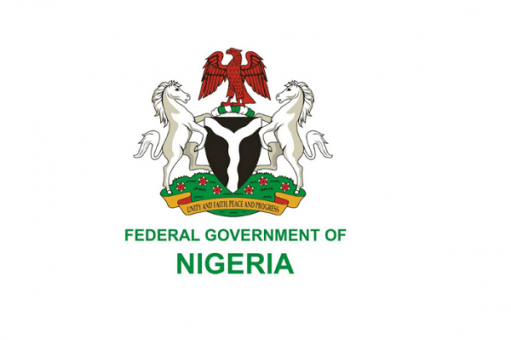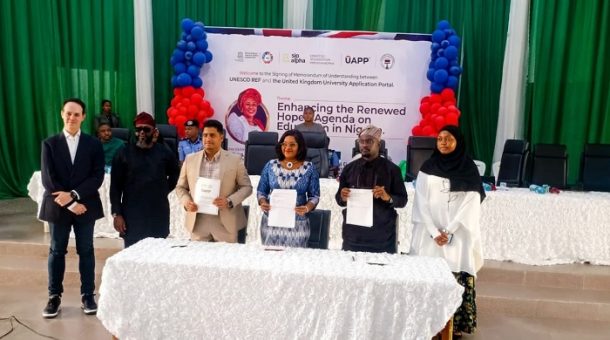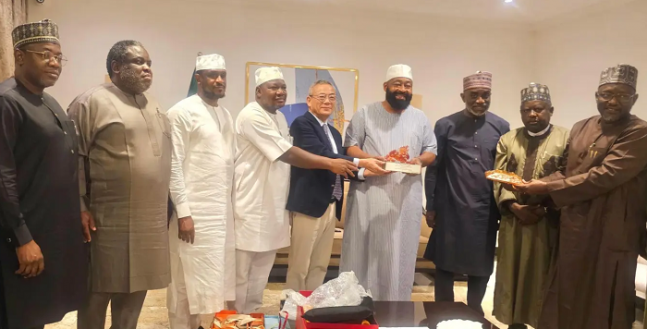
Amidst Nigeria’s economic hardships, the National Association of Academic Technologists (NAAT) has championed a call for a substantial increase in the minimum wage, proposing a figure of N350,000 to alleviate the financial strain faced by Nigerian workers.
During NAAT’s 5th national delegates conference in Abuja, President Ibeji Nwokoma underscored the urgency of raising wages to combat the escalating cost of living, exacerbated by the removal of fuel subsidies and the resultant inflationary pressures. Nwokoma advocated for a shift from the notion of a mere minimum wage to the adoption of a living wage, ensuring workers’ dignity and an adequate standard of living.
Drawing comparisons with other African nations, Nwokoma cited the strides made by some countries in aligning wages with living costs, urging Nigeria to follow suit. He emphasized the need for a minimum monthly wage of N350,000 to address prevailing economic realities.
Additionally, Nwokoma deplored the underfunding of tertiary institutions in Nigeria, highlighting UNESCO’s recommendation of allocating a minimum of 26 percent of the national budget to education. He lamented Nigeria’s failure to meet this benchmark, resulting in insufficient funding and infrastructural decay in universities and other tertiary institutions.
Addressing the conference, Minister of Education Prof. Tahir Mamman defended the government’s stance on setting the minimum age for tertiary institution admission at 18 years and above. Expressing concerns about the susceptibility of younger students to negative influences, Mamman emphasized the importance of safeguarding their well-being.
In line with the conference’s theme, Mamman outlined the government’s plans to integrate skills and technology education across all levels of the education system, from primary to tertiary. He emphasized that such integration would play a pivotal role in bridging the unemployment gap in Nigeria.
The proposals and discussions at the conference reflect concerted efforts to tackle economic challenges and enhance the education sector, signaling a collective endeavor to uplift Nigerian workers and empower future generations.





